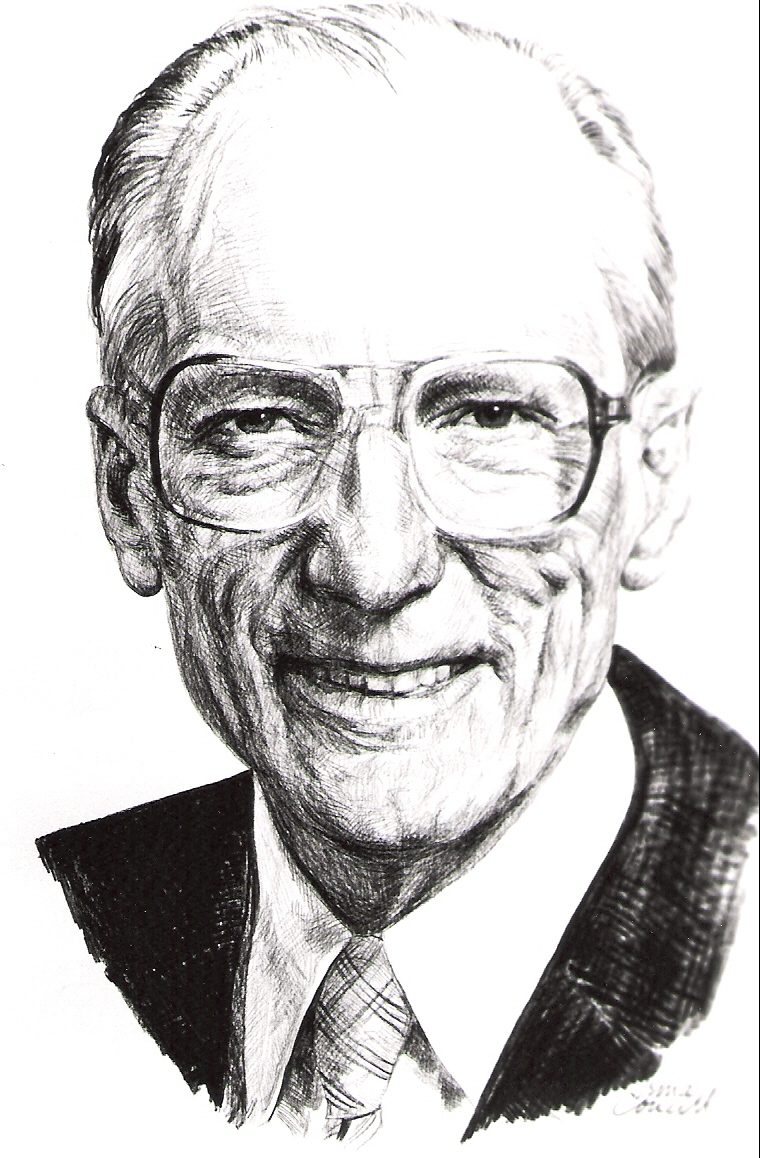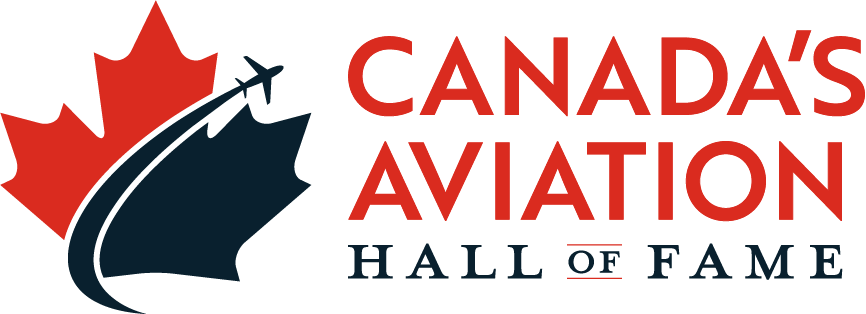Peter Geoffrey Powell

Birth Date: April 19, 1917
Birth Place: Rosedale Abby, Yorkshire, England
Death Date: September 8, 2005
Year Inducted: 1990
Awards: DSO; DFC
As a navigator of great courage and ability and as teacher and administrator, Peter Powell has made a great contribution to aviation in both war and peace. His dedication and his lifetime of resolute effort have been of great benefit to Canadian aviation
Life at Sea
Peter Geoffrey Powell, D.S.O., D.F.C., was born in Rosedale Abby, Yorkshire, England, on April 19, 1917, but grew up in Sorrento, British Columbia. He returned to England to complete his education and for Merchant Marine Officer's Training. In his five years at sea he rose from an apprentice to a licenced ship's mate.
Life in the Sky
He joined the Royal Canadian Air Force (RCAF) aircrew in the summer of 1940 and because of his experience he was selected as a navigator. He received his commission and was sent overseas in 1941. His first operational trip was as bomb-aimer/navigator on the one-thousand bomber raid on Cologne in 1942. He was awarded the Distinguished Flying Cross (D.F.C.).
His ability as a navigator resulted in a promotion to Flight Lieutenant. When he was sent to No. 405 (Pathfinder) Squadron, he was promoted to Squadron Leader. He served as navigator for the Squadron Commander, Group Captain J.E. Fauquier, and as navigational leader for the squadron.
After making seventeen passes over the target during the raid on Peenemunde in August of 1943 and following a similar mission over Berlin a few nights later, he was awarded the Distinguished Service Order (D.S.O.), with the citation stating: "In addition to his operational tasks Squadron Leader Powell has rendered yeoman service in the training of other navigators and his excellent work has been reflected in their numerous successes."
The bomber raid on Peenemunde on the Baltic Coast on August 17, 1943, was meant to destroy the German V-2 rocket research centre, which was under the direction of Werner Von Braun, who later became director of the United States Aeronautics and Space Administration. Peter Powell’s skills in navigation were so accurate that wave after wave of bombers were led over the target. Destruction of the rocket development centre delayed the use of V-2 rockets by a full year.
The End of the War
After sixty-three operational trips with Bomber Command, he was promoted to Wing Commander and attached to No. 6 Group Headquarters as Navigational Inspector for the Canadian bomber force in England. His duties were largely instructional and his efforts to improve the standard of navigation in all squadrons were so noteworthy that he was Mentioned in Despatches in the London Gazette on January 1,1945.
Shortly after Victory-in-Europe Day (V-E Day), Wing Commander Powell was sent to Halifax, Nova Scotia, to prepare for operations in the Pacific, but when the war ended in August of 1945, he took his discharge from the RCAP.
Chief Navigator
On January 3, 1946, Powell joined Trans-Canada Airlines (TCA) as Assistant Chief Navigator. Although the work was mainly in administration, he still flew a few line flights across the North Atlantic. He took a leave of absence during the winter of 1950-51 to serve as navigator for California Eastern, transporting troops from Oakland to Tokyo for the Korean War. When he returned to TCA, which became Air Canada in 1965, he soon became Chief Navigator and later Superintendent of Navigation, a position he held until his retirement from Air Canada in 1977.
A Lasting Legacy
During his years with Air Canada, Powell had built a very strong department. When the International Civil Aviation Organization (ICAO) examined the navigational performance of airlines flying the Atlantic, the Air Canada group was among the best. He became an Air Canada representative to the International Air Transport Association (IATA), and was chosen to represent them at ICAO meetings. One year before his retirement, ICAO requested his services. Initially on loan to ICAO, he stayed with them another five years after retiring from Air Canada. During this time, he was involved in the financial agreements between Denmark and Iceland and the countries whose airlines used their North Atlantic navigation services.
His greatest contributions to Air Canada were the navigation procedures he developed and the navigators he recruited, trained and supervised. The high degree of accuracy and competence these men displayed have contributed to the excellent operating reputation of TCA/Air Canada. Another important contribution was the development of pressure pattern flying from a haphazard procedure into one of considerable accuracy, in which the aircraft takes advantage of the winds. Similar procedures arc still used daily to establish tracks to be followed by all aircraft flying long oceanic routes.
Peter Powell died at Delta, B.C. on September 8, 2005.
Peter Geoffrey Powell was inducted as a Member of Canada's Aviation Hall of Fame in 1990 at a ceremony held in Edmonton, Alberta.
To return to the Inductee Page, please click here.
